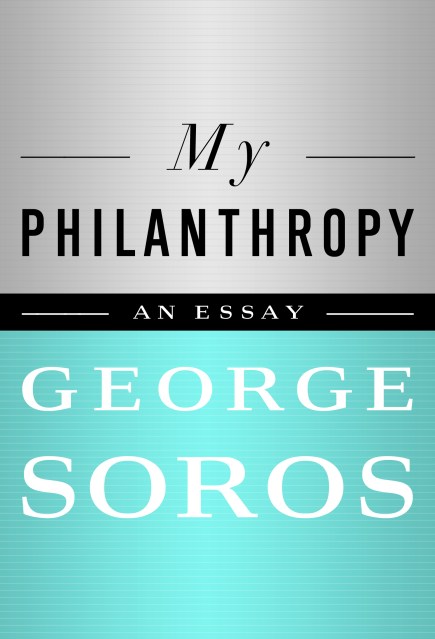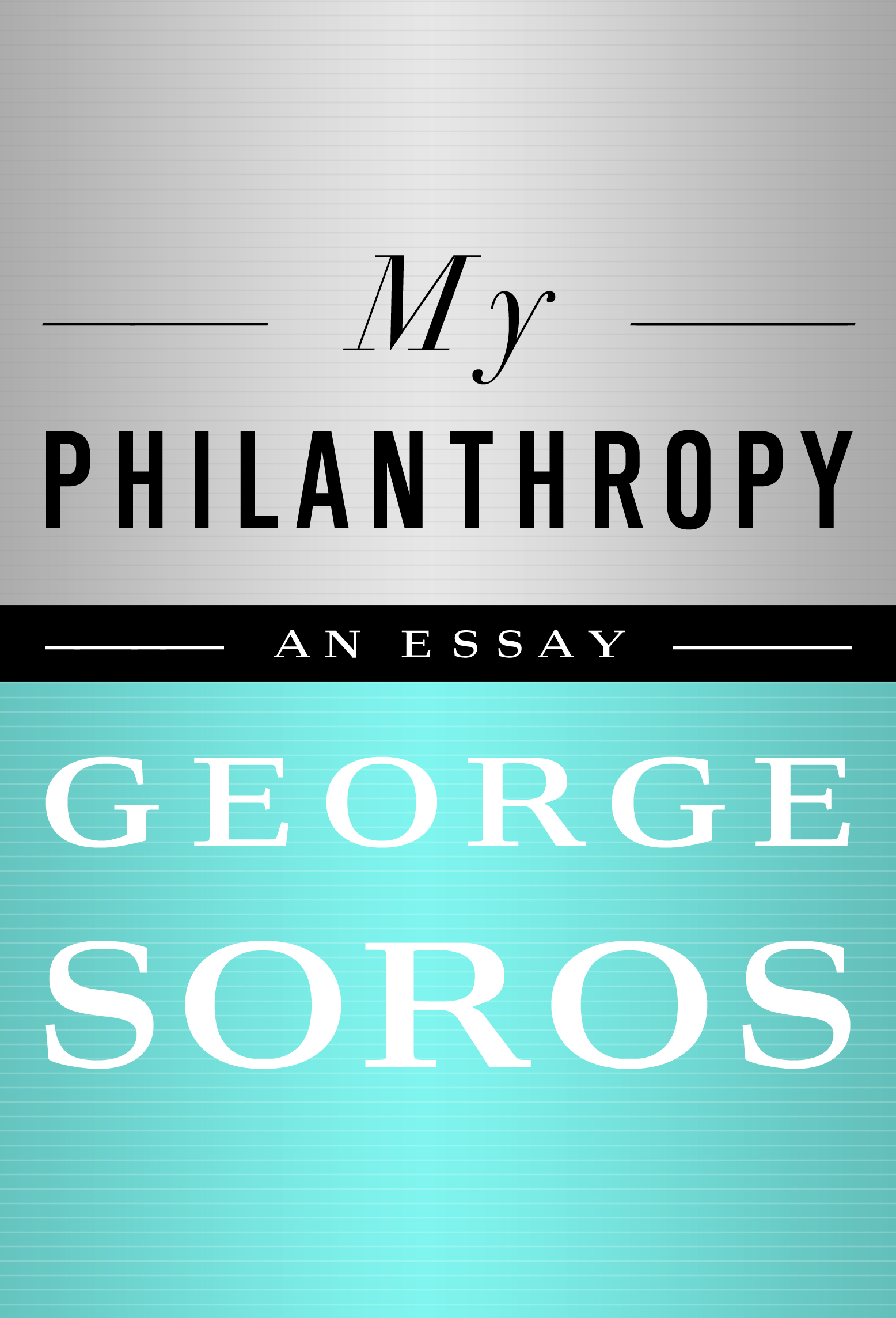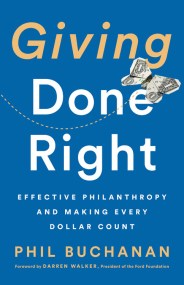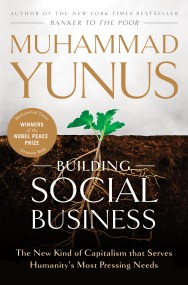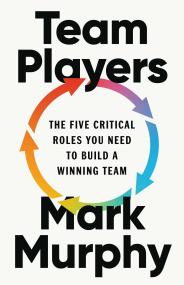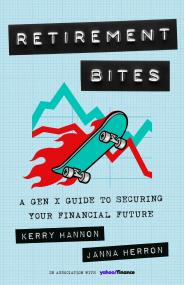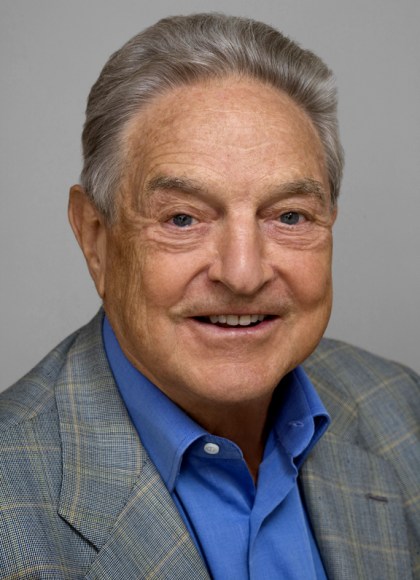By clicking “Accept,” you agree to the use of cookies and similar technologies on your device as set forth in our Cookie Policy and our Privacy Policy. Please note that certain cookies are essential for this website to function properly and do not require user consent to be deployed.
My Philanthropy
Contributors
By George Soros
Formats and Prices
- On Sale
- Aug 14, 2012
- Page Count
- 62 pages
- Publisher
- PublicAffairs
- ISBN-13
- 9781610392709
Price
$2.99Price
$3.99 CADFormat
Format:
ebook (Digital original) $2.99 $3.99 CADThis item is a preorder. Your payment method will be charged immediately, and the product is expected to ship on or around August 14, 2012. This date is subject to change due to shipping delays beyond our control.
Buy from Other Retailers:
In this e-book, Soros writes in detail for the first time about his vision for philanthropy. “I have always been leery of philanthropy,” he writes, “Philanthropy is supposed to be devoted to the benefit of others, but many philanthropists are primarily concerned with their own benefit.” Soros engages in philanthropy not out of a desire for praise or to impose his vision upon the world but out of a strong sense of moral duty: “My success in the financial markets has given me a greater degree of independence than most other people enjoy. This allows me to take a stand on controversial issues. In fact, my exceptional position obliges me to do so.”
Soros is celebrated for his brilliant financial and economic insights and his investment strategies. But his contribution to philanthropy and the impact of his generosity is equally impressive. This text reveals the thinking and practice that drives a lesser known aspect of this remarkable man’s life, his goals for society and his philosophy.
Newsletter Signup
By clicking ‘Sign Up,’ I acknowledge that I have read and agree to Hachette Book Group’s Privacy Policy and Terms of Use
